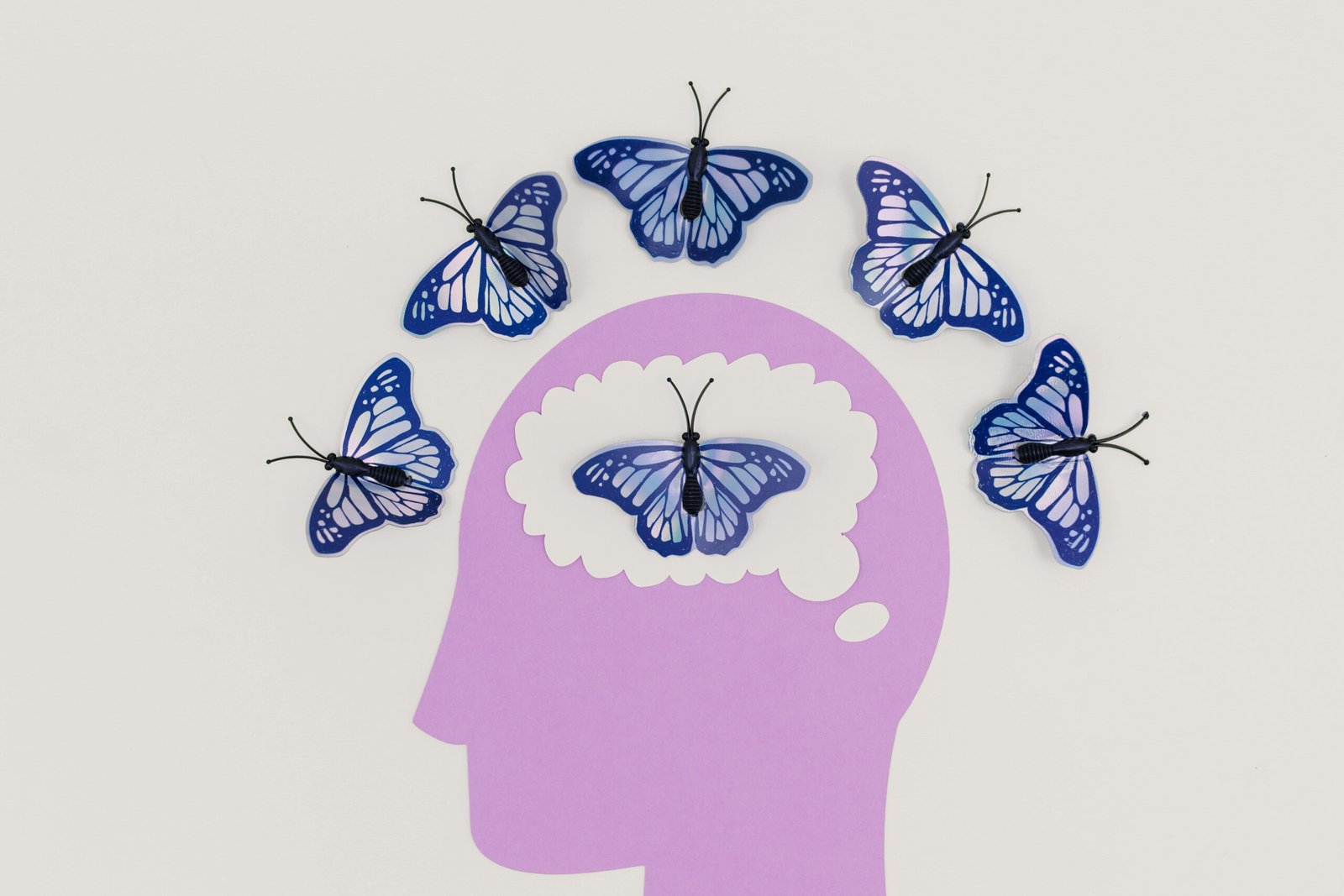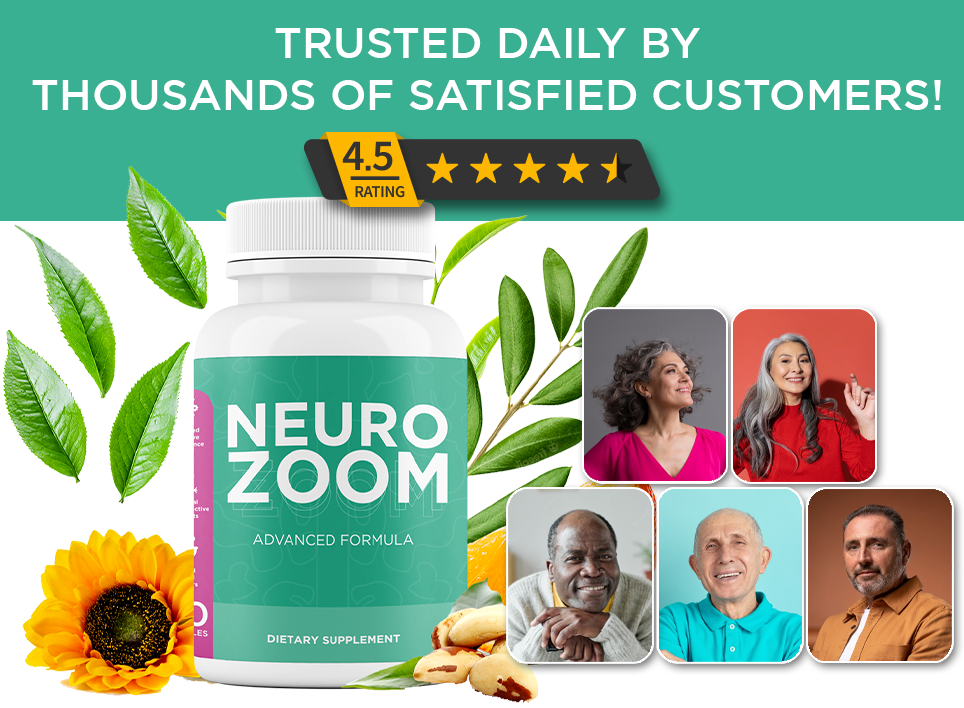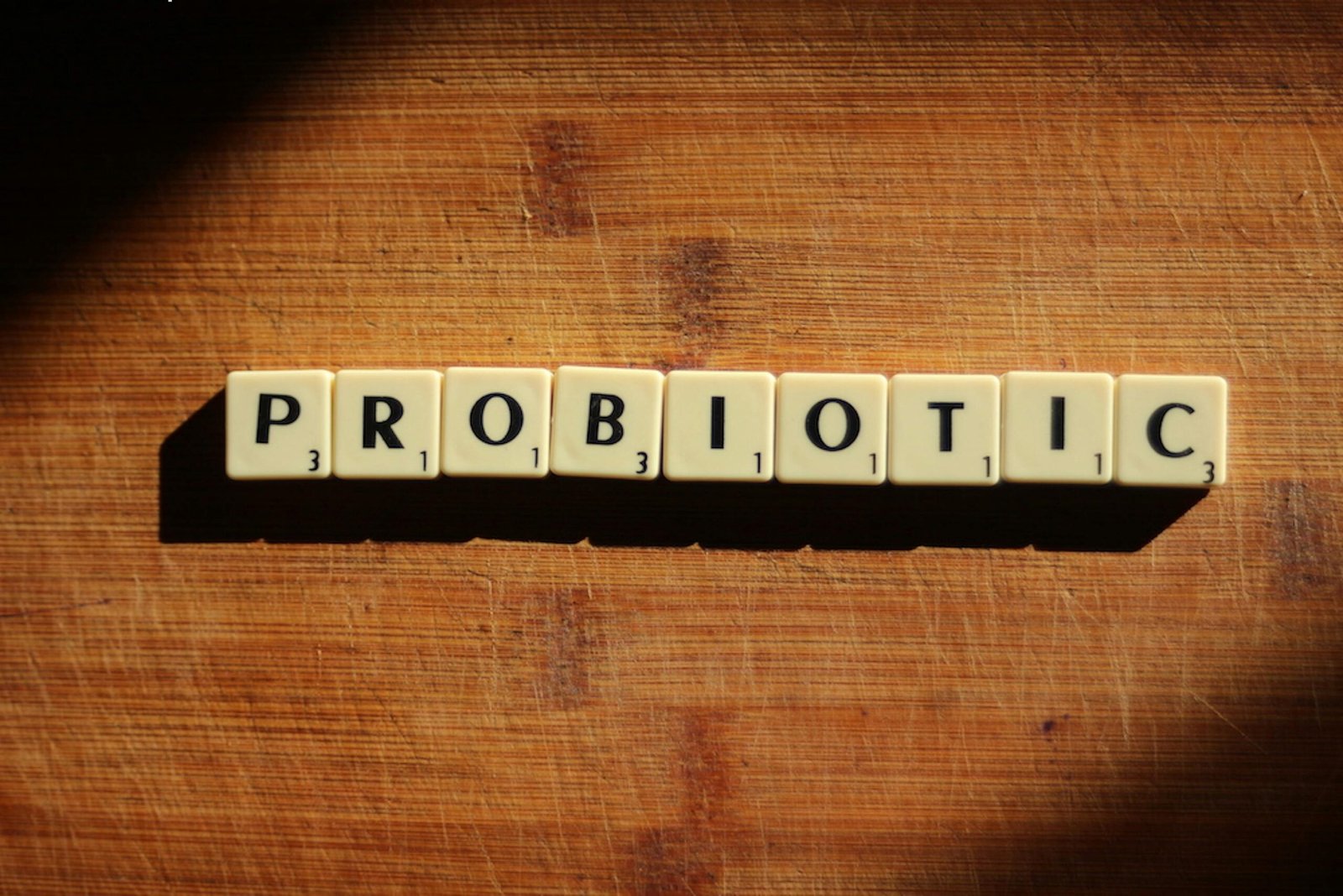SH2B1 Discovery: A New Key to Fighting Obesity
Psychedelic mushrooms, also known as psilocybin mushrooms, have been gaining attention in scientific research for their potential therapeutic benefits. These fascinating fungi contain a compound called psilocybin, which can profoundly affect the human brain and potentially offer new treatments for various mental health conditions.
The Science Behind Psilocybin Mushrooms
Psilocybin, the active compound in psychedelic mushrooms, interacts with serotonin receptors in the brain, particularly the 5-HT2A receptor. When consumed, the body converts psilocybin into psilocin, which is responsible for the mushroom’s psychoactive effects. This interaction can lead to altered perceptions, emotions, and thought processes.Research has shown that psilocybin can temporarily disrupt communication patterns in the brain, particularly in the default mode network. This disruption may contribute to the profound changes in consciousness and increased feelings of connectedness that many people report after using psychedelic mushrooms.
Potential Health Benefits
Recent studies have highlighted several potential therapeutic applications for psilocybin mushrooms:
- Depression Treatment: Clinical trials have demonstrated that psilocybin-assisted therapy may be effective in treating major depressive disorder, with some patients experiencing long-lasting relief after just two doses.
- Anxiety Reduction: Psilocybin has shown promise in alleviating anxiety, particularly in patients with life-threatening illnesses.
- Addiction Treatment: Research suggests that psilocybin may help individuals overcome substance abuse disorders, including alcohol and tobacco addiction.
- PTSD and OCD: Preliminary studies indicate potential benefits for treating post-traumatic stress disorder and obsessive-compulsive disorder.
Brain Changes and Neuroplasticity
One of the most intriguing aspects of psilocybin mushrooms is their ability to promote neuroplasticity. This process involves the growth of new neural connections and the reorganization of existing ones. Scientists believe this increased neuroplasticity may be responsible for the long-lasting positive effects observed in some patients.Neuroimaging studies have revealed that psilocybin can rapidly alter brain network activity, increasing connectivity between different regions. This enhanced communication may allow individuals to break free from rigid thought patterns and gain new perspectives on their lives and experiences.
Challenges and Considerations
While the potential of psilocybin mushrooms is exciting, it’s crucial to approach their use with caution. Some important considerations include:
- Legal Status: Psilocybin remains a controlled substance in many countries, limiting research and therapeutic applications.
- Controlled Environment: Therapeutic use of psilocybin should only occur in controlled settings with trained professionals to ensure safety and maximize benefits.
- Individual Differences: Not everyone may be a suitable candidate for psilocybin therapy, particularly those with certain mental health conditions or on specific medications.
- Ongoing Research: While early results are promising, more extensive studies are needed to fully understand the long-term effects and optimal use of psilocybin mushrooms in healthcare settings.

The Future of Psychedelic Medicine
As research continues, scientists are exploring ways to harness the benefits of psilocybin mushrooms without inducing hallucinogenic experiences. This approach could lead to new medications that offer transformative effects for mental health treatment without the potential drawbacks of traditional psychedelics.The growing interest in psilocybin mushrooms represents a significant shift in how we approach mental health treatment. As we continue to unravel the mysteries of these fascinating fungi, we may discover new ways to promote healing and well-being that were previously unimaginable.
Disclaimer: This article is for informational purposes only and does not constitute medical advice. Always consult with a qualified healthcare professional before considering any form of treatment or therapy.
Content sources: The information in this article is based on scientific research and studies conducted by reputable institutions such as Johns Hopkins University, the National Institute on Drug Abuse, and other academic and medical organizations.
















